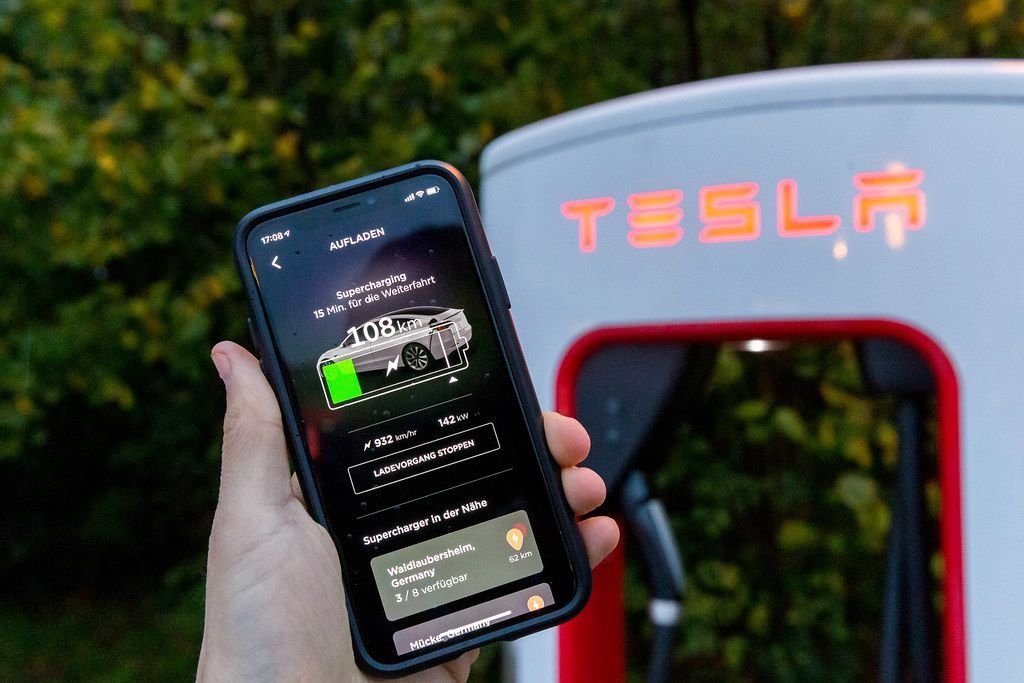Tesla Boycott Spreads: Target Stock Under Pressure

Target's stock price plummeted 16% last month, significantly exceeding the losses of retail giants Amazon (10.4%) and Walmart (11%). This sharp decline comes amidst a broader market downturn influenced by ongoing tariff negotiations and a general sense of economic uncertainty. While Amazon and Walmart, with their extensive international operations and diversified business models, appear somewhat insulated, Target's vulnerability stems from its heavier reliance on imported goods and its focus on discretionary spending categories, which have seen reduced consumer activity. Target's comparable sales increased by a mere 1% in fiscal year 2025, while earnings per share dropped 19%. The company's recent strategic overhaul, emphasizing its core categories and omnichannel shopping, depends on improving economic conditions, which remain uncertain.
This downturn is compounded by a growing consumer backlash against several major corporations. A wave of boycotts, organized largely by groups like The People’s Union USA, is targeting companies perceived as rolling back diversity, equity, and inclusion (DEI) initiatives or exhibiting questionable business practices. Target, in particular, is facing sustained pressure from Black consumer groups protesting the company's perceived about-face on its DEI commitments, following its earlier pronouncements of support for Black businesses and employees. A 40-day boycott, launched March 5th, has already shown some impact, with Target experiencing a 9% drop in foot traffic and a 14% drop in web traffic during The People’s Union USA's February 28th Economic Blackout, according to Similarweb. The upcoming Circle Week sale, intended to compete with Amazon's Prime Week, will offer a critical test of Target’s resilience to these boycotts.
Adding to the pressure is a separate, but equally significant, consumer revolt against Tesla and its CEO, Elon Musk. The "#TeslaTakedown" campaign reflects broader public dissatisfaction with Musk's political stances and his role in overseeing significant spending cuts within the federal government. The campaign, active across various social media platforms, has been linked to a significant decline in Tesla sales, particularly dramatic in Germany (down 76%), and a 43% drop in Tesla's share price since Inauguration Day. While industry analysts cite various factors contributing to Tesla's decline, including product transitions and increased competition, the impact of consumer activism is undeniable. The combined effects of these boycotts highlight a growing trend of consumers using their spending power to express political and social grievances, creating both challenges and opportunities for businesses of all sizes. The long-term impact of these movements on the retail landscape and the broader economy remains to be seen.









